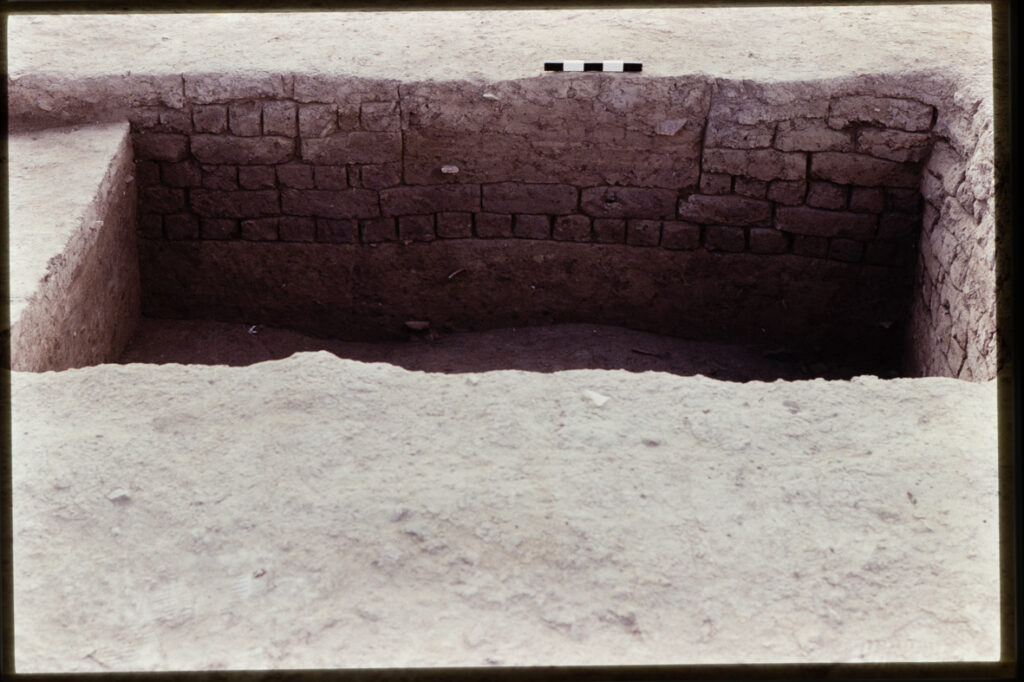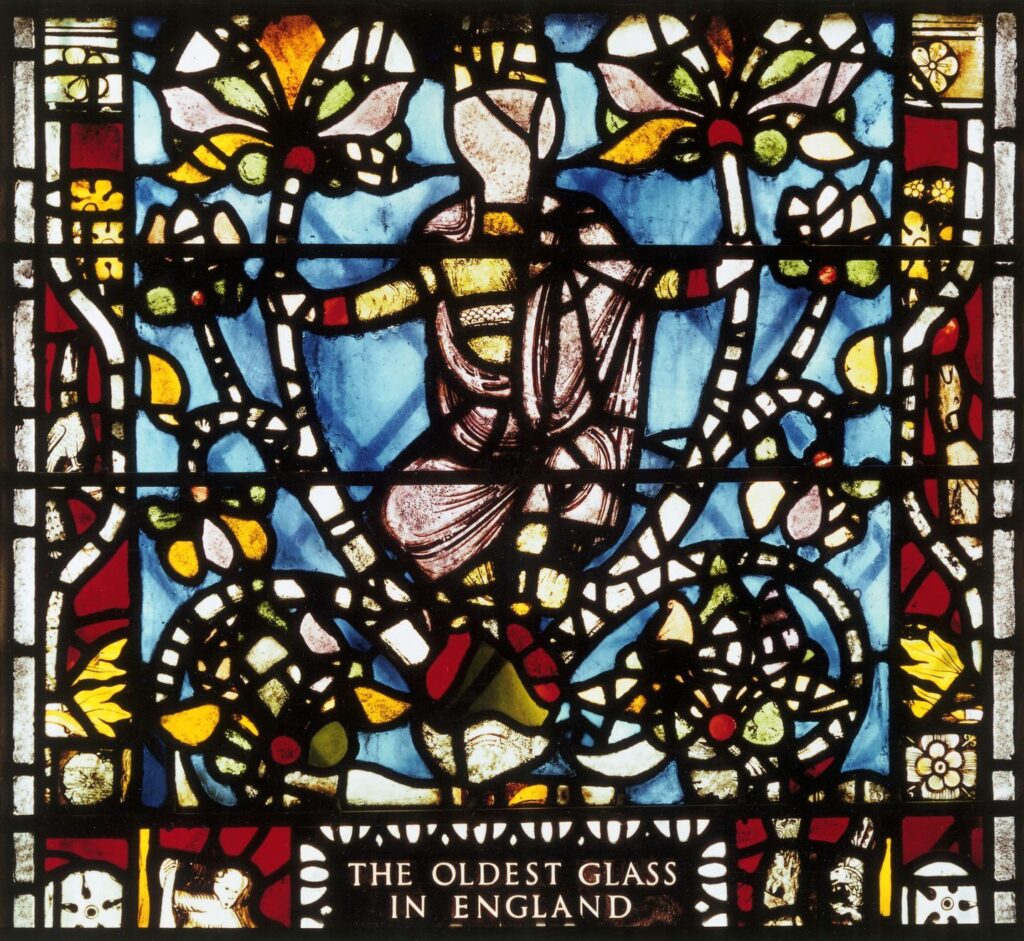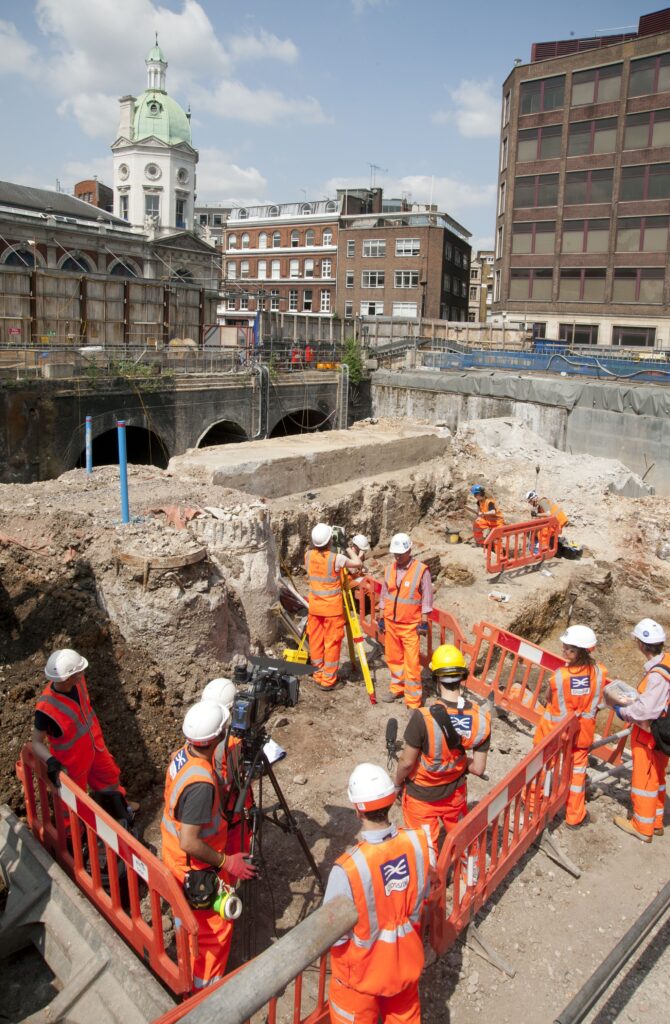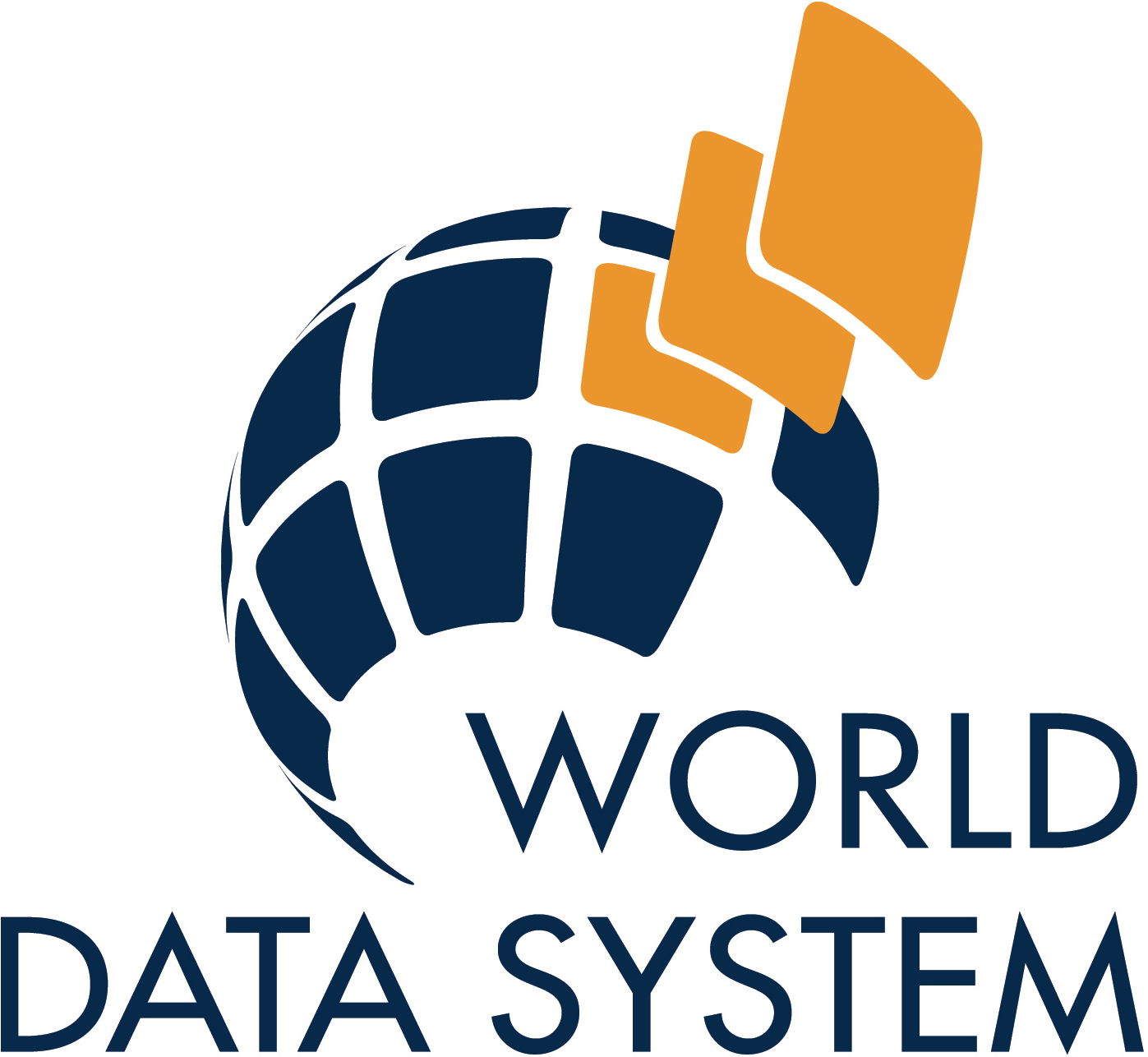As part of our ongoing promotion of the Open Access Archaeology Fund, we’d like to highlight an article published in 2020 from Internet Archaeology: “SLR Digitisation of Colour Slides: The Digitising Jemdet Nasr 1988-1989 Project”.
This article presents a cost-effective method for digitising photographic film for archival purposes using a DSLR camera. The paper demonstrates this method using an archive of 787 Kodachrome slides taken between 1988 and 1989 during the excavation of Jemdet Nasr, an archaeological site located in southern Iraq.

The paper details the differences between results obtained using a film scanner, two different scanning software solutions, a flatbed scanner , and two DSLR cameras with macro lens. The results demonstrate the cost-effective value of the DSLR method for archives where time and resources are limited, but where digital photography equipment might be readily available. The paper demonstrates a method that allows for high quality, fast and economical digitisation of excavation and collection archives that can enhance research.
The author of this article, Monica Palmero Fernandez, applied to the Open Access Archaeology Fund in 2020 to publish an article in Internet Archaeology.
- Palmero Fernández, M. 2020 DSLR Digitisation of Colour Slides: The Digitising Jemdet Nasr 1988-1989 Project, Internet Archaeology 55. https://doi.org/10.11141/ia.55.10
Asked recently about her experience with the fund, Monica stated that:
“I applied to the fund right around the onset of the Covid-19 pandemic to support the publication of a practical methodology that had emerged through a small research project funded by an independent charity. My experience through the application process was extremely positive and supportive. The award enabled me to publish my first single-author peer-reviewed journal article at a time when other institutional support remained frozen, and to support open and transparent models for scientific publication. In my experience, it really helps support early career researchers to promote open research practices where resources are limited.”

Dr Monica Palmero Fernandez is a Research Practice Coordinator at the University of Oxford, working to enable and promote more open, reproducible and equitable research practices. Monica received her PhD in Mesopotamian Archaeology from the University of Reading in 2019. She has worked on archaeological and heritage projects in Spain, Greece and Iraq and currently serves as the Secretary of RASHID International (Research, Assessment and Safeguarding of the Heritage of Iraq in Danger).





